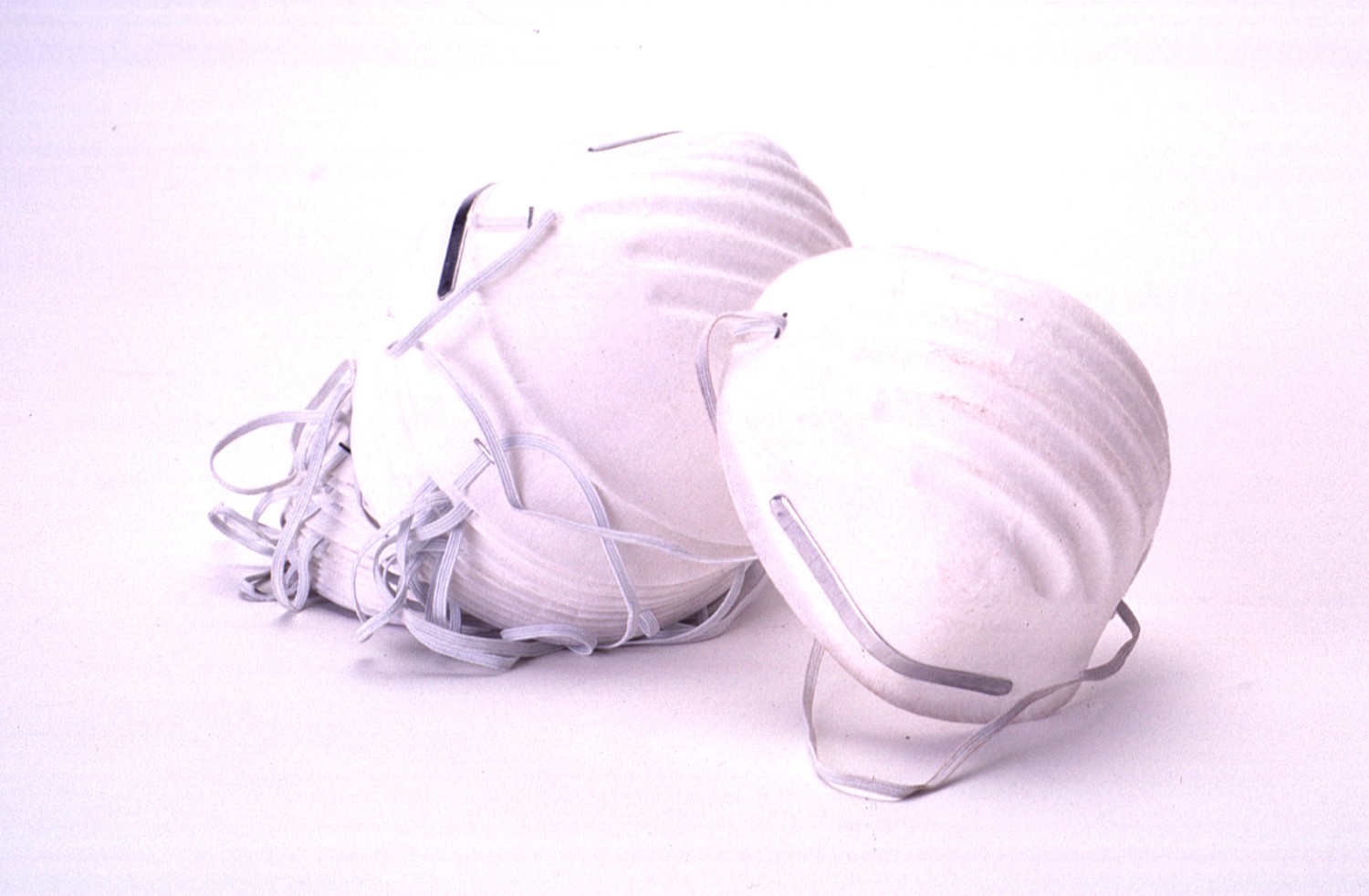
THURSDAY, May 21, 2015 (HealthDay News) — As more adults and kids head to swimming pools, lakes and the ocean this Memorial Day weekend, U.S. health officials are warning about accidental drownings from underwater breath-holding games and exercises.
Whether as horseplay or part of swim training, “dangerous underwater breath-holding behaviors” can lead to otherwise strong, healthy swimmers losing consciousness underwater and drowning, warns a new report from the U.S. Centers for Disease Control and Prevention.
“When we think of people drowning, what usually comes to mind are people who don’t know how to swim,” said Dr. Peter Wernicki, medical advisor to the United States Lifesaving Association. “This is probably one of the most common ways that people who are relatively good swimmers die from drowning.”
Breath-holding contests are a common cause of this type of drowning, health officials said in the CDC’s May 22 issue of the Morbidity and Mortality Weekly Report. Swimmers submerge and try to hold their breath for as long as possible, usually remaining motionless.
But other swimmers drown as a result of training drills aimed at improving their fitness and lung capacity, according to the report from Christopher Boyd, of the New York City Department of Health and Mental Hygiene, and colleagues. Swimmers might intentionally hyperventilate before submerging themselves for extended periods, or try to swim for long distances while holding their breath.
“Kids hyperventilate — they take 10 quick breaths — because they think they can get more air into their lungs,” Wernicki said. “But by doing that, you blow off all of your carbon dioxide, and that’s the gas that actually makes you want to breathe, when levels in your bloodstream become elevated.”
A series of high-profile deaths have brought new prominence to the dangers associated with breath-holding exercises, Wernicki said.
“It’s been on everybody’s radar for the last 10 years, but over the last four years it’s gotten some traction,” he said, adding that the American Red Cross and the YMCA have issued guidelines that lifeguards not allow any breath-holding contests or drills.
A pair of U.S. Navy SEALs died in April near Virginia Beach, Va., while training underwater at a military facility, said Tom Gill, a spokesman for the lifesaving association.
Brett Allen Marihugh, 34, and Seth Lewis, 32, were found unresponsive at the bottom of a pool in the Combat Swimmer Training Facility at Joint Expeditionary Base Little Creek-Fort Story, according to news reports.
A Naval investigation into their deaths is ongoing.
The CDC report detailed another three deaths that occurred in New York state due to dangerous breath-holding exercises.
In one case, two advanced-level swimmers drowned while performing strenuous exercises to prepare for a military fitness test. After alternating between push-ups and swimming laps, the two began intentionally hyperventilating and holding their breath underwater. Minutes later, they were found submerged and motionless.
In the other incident, a healthy lifeguard drowned while performing breath-holding exercises and underwater lap swimming, as part of training to join the Navy SEALs. He repeatedly submerged himself for extended periods of time, until he was found unconscious. Efforts to resuscitate him failed.
Wernicki emphasized that no breath-holding swimming drill has been proven to expand lung capacity or improve swimming ability.
“They try to swim longer with fewer breaths, in drills called ‘hypoxic training,’ and that isn’t proven to work,” he said.
Those three deaths were among 16 New York cases between 1988 and 2011 of otherwise healthy people losing consciousness underwater as a result of holding their breath for too long. In all, four people died.
Ages of the swimmers ranged from 7 to 47 years old, and most were male, officials said.
All but one of the 16 incidents occurred at a pool, and more than half occurred with other swimmers present. Moreover, a lifeguard was on duty at all but one of the pool accidents, the report said.
These findings point to the need for continued vigilance at swimming pools, particularly during swim drills, Gill said.
“You should never swim alone, and if you’re doing any physical training, you should be monitored,” he said.
Concerned parents should ask their children’s swim coach about their training schedule and views on breath-holding drills, Gill said.
“If you feel he doesn’t understand the potential danger, then you should do something about that,” he said.
More information
For more on water safety, visit the American Red Cross.
Copyright © 2026 HealthDay. All rights reserved.

